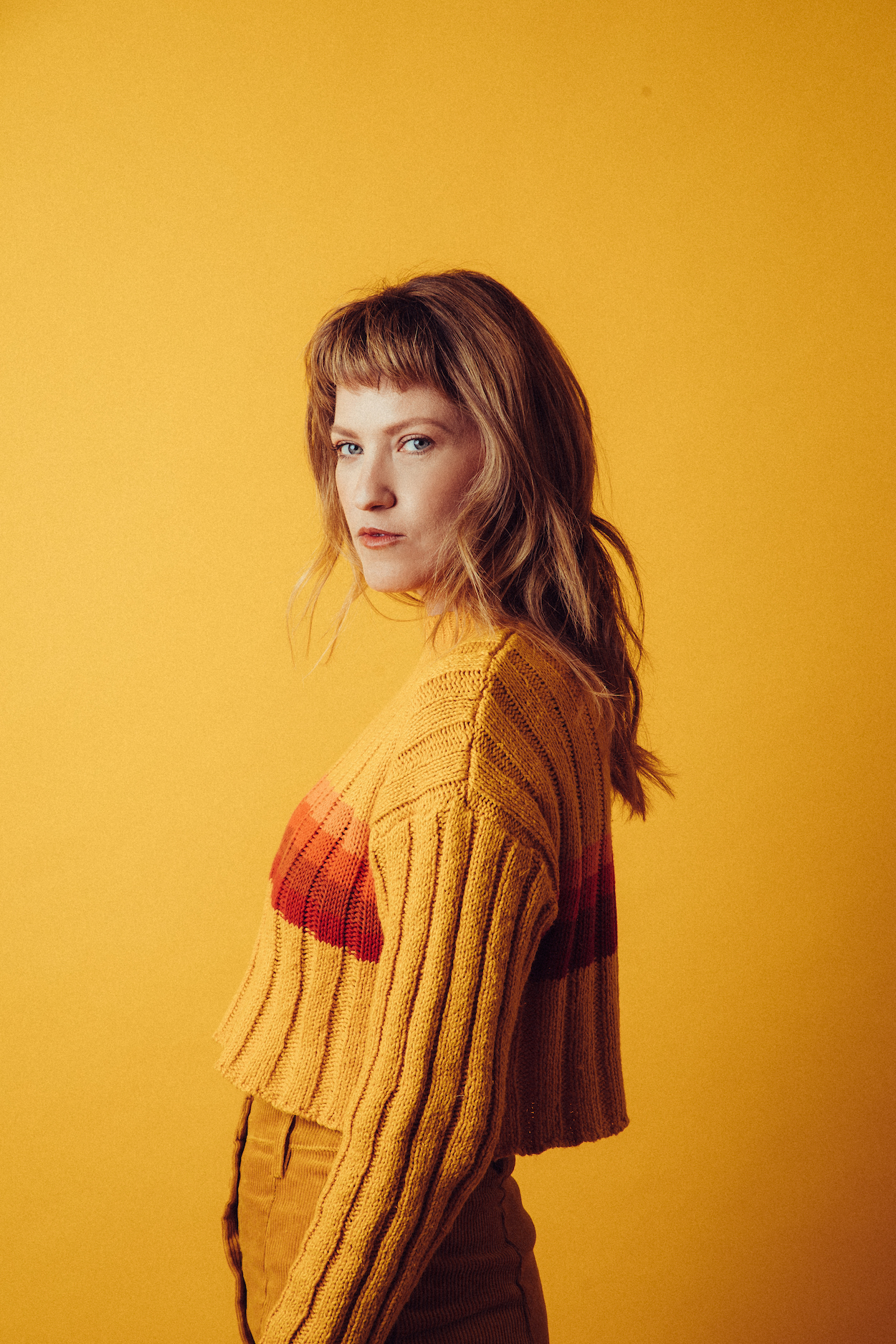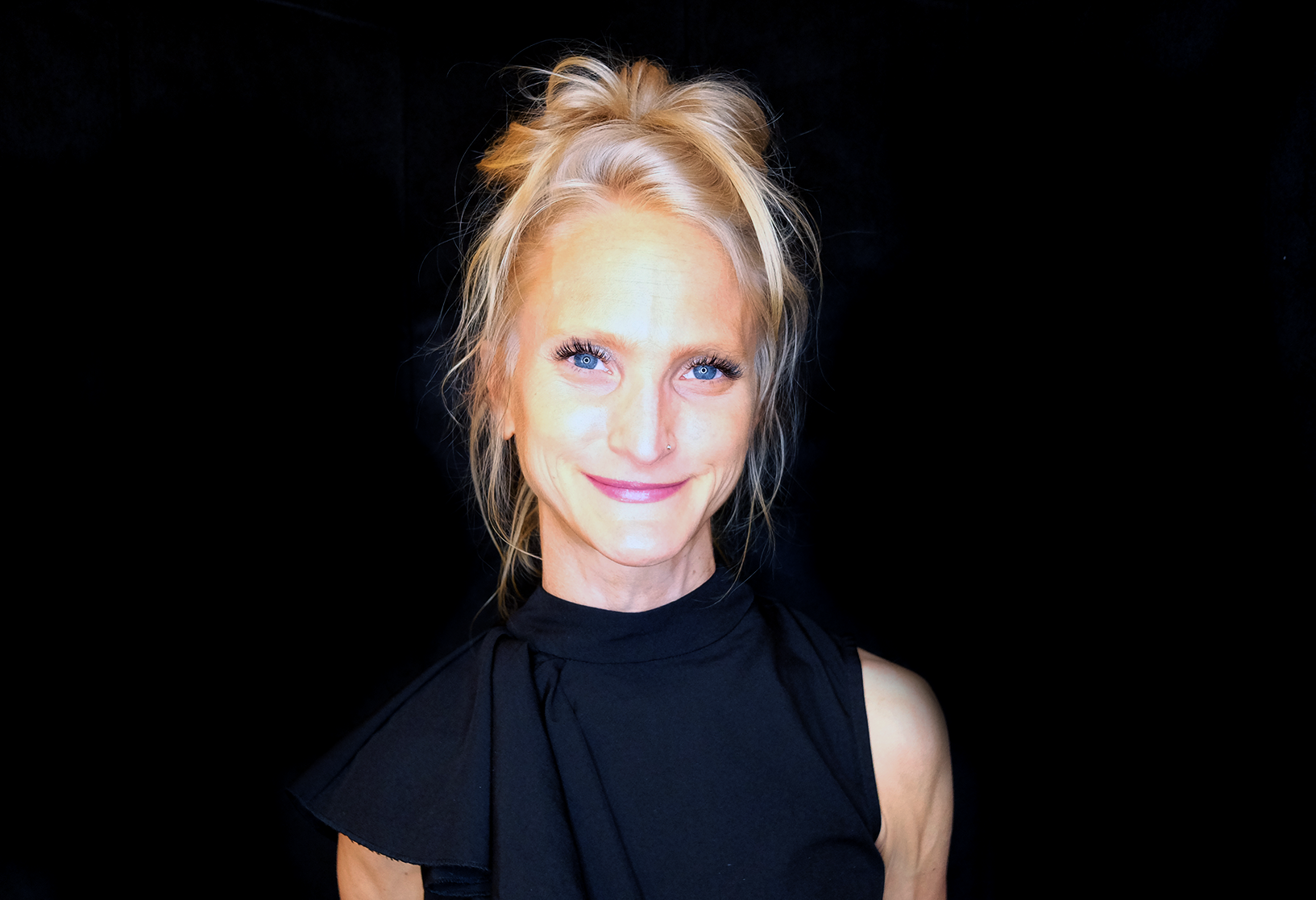When you’re working on a creative project with no real deadlines and no clear objective standard, you can drive yourself insane with infinite tinkering and rearranging. Past a point, the returns start to diminish. The question we’re asking here is, where is that point, and how do you know when you’ve hit it?
In other words, how do you know when it’s done?
Some of that comes with experience. The more podcasts or video you make, the more you learn to trust your own instincts about when something genuinely isn’t working, and when you’re just making changes, not improvements.
Until that point, and even sometimes beyond it, calling something done can be fraught. It means you’re ready to put it out in public for anyone to see and judge. It means letting go. It means you’ll just have to live with whatever you later wish you’d done differently.
But it’s what you have to do. It’s how you get to the really good part: letting your work and your ideas go out there and fend for themselves in the world. Plus hearing outside feedback from listeners is critical if you want to get better.
So at some point, you have to label your file FINAL for real, and send it out into the world. To help you take the leap, we consulted a ton of experts for their advice.
Charlie Harding
Co-host and executive producer of Switched on Pop
Done is managed by deadlines. We work right up until our deadlines with a clear handoff process. The producer cuts tape, the editor suggests changes, the producer incorporates those edits. Then the engineer prepares 1-3 rounds of mixes, with notes submitted in between each mix. The producer shepherds the episode all the way through, and releases when they feel the editor's work has been incorporated and the final mix is error free.
Tip: Set hard deadlines and don’t let yourself miss them. If possible, deputize someone else — a collaborator, a partner, Batman if he’s available — to enforce them so you won’t let yourself off the hook.
Brandon McFarland
Composer and audio engineer at Vox Media Podcast Network
Over the past few years I’ve gotten accustomed to working in teams, and it's really helpful. You need someone to ask if you're done, and get some feedback on it. If you're working on it by yourself it's hard to know when to stop.
Tip: Find someone — a friend, peer, even an actual audience member — who’s willing to both review your work and give you honest feedback. Consider paying them if you can.
Gina Delvac
Podcast producer and consultant; former head of in-house podcasting at Spotify; co-creator of Call Your Girlfriend
Like any creative project, nothing’s ever done-done; you could always work on it, infinitely. There is a distinction in audio where some things just start to click. In my case, because most of my work has been as an editor of conversational shows, some kind of new flow starts to happen. It’s a little bit like, if you’re someone who works on puzzles, starting to see which pieces are going to go where. And things just make more sense. The gap sometimes between hearing it in your head and actually hearing it in the tape can be the most thrilling and frustrating parts of any project, but once that new level of flow is unlocked, you’re in the final stretch.
Tip: Keep refining your taste, your sense of what’s good, by doing your work, and by watching and listening to lots of other work you admire. Eventually you’ll know it when you hear it.
Jackson Musker
Writer and creator of The Sea in The Sky, former producer of The Dinner Party Download
One good strategy is to listen to a piece via speakers — and the crummier the speakers, the better. An old car stereo works great, for instance. I know this might sound counterintuitive, but if a piece can hold your attention with less-than-stellar audio quality, there's a good chance it'll work even better in pristine sound. This is also a helpful way to divorce yourself from the editing technology and focus on the piece as an audience member. Think of it like reading a draft of an article or novel as a printout, rather than in Word on your laptop. You might hear things you'd otherwise miss.
Tip: Get an old car. A ’68 Nova would be sweet.
Samee Junio
Senior podcast editor at Entertainment Weekly; editor of Forever35
If I'm listening to a full file and nothing makes my eyeball twitch, then it's done. For a specific cut, if I have a tiny celebration, or I punch the air because I'm so excited that it worked, that's a finished cut. I am a perfectionist. I white knuckle everything. But I think in the years of doing it, I now know okay, I've been wrestling with this really weird background noise for 30 minutes. I gotta get into a place where I can walk away and be okay with it.
Tip: Set some minimum standards for yourself, then put yourself on a clock to ensure you don’t spin your wheels.
Raghu Manavalan
Senior podcast editor at Politico
I wanna give you the polished answer, and I wanna give you the real one. Cause the real one is, it's just deadline time, buddy. I am a crazy person; I'll go back to stuff I've worked on 10 years ago and be like, that music was wrong, this clip should have been up front. I don't know if there is a time that's “over.”
Tip: Don’t be crazy? We dunno. Being a creator is kind of crazy. So maybe just read on…
But something I look for is, it's time to move on when you stop being excited about it — when, as a creator, I just have no juice left with this thing. There's a point when the changes you're making feel exciting and generative, and there's a point where you're just kind of swapping commas around. Then it’s like, okay, time to work on the next thing. And if, when you start working on the next thing, you still want to go back and change something, maybe there's something left to do. But if you are happy to move on, then maybe it's time to let it go.
Tip: When the work starts to grind you down, walk away. Give yourself 24 or 48 hours — if you’re still not feeling it, just publish, see what happens.
Christian Koons
Editor for Song Exploder and the forthcoming Bjork: Sonic Symbolism
The pessimist in me would just say: the deadline. But also, just making yourself finish something is really important. That's why deadlines are so great, and so awful at the same time. Try to get as psyched as you can on finishing stuff and cherish that feeling and let it motivate you.
I think in terms of producing and editing, the beginning and the ending are sort of the most important parts. You really wanna start strong and have people decide in the first couple of minutes that this is something they wanna keep listening to.
And then the ending is always tricky. Some people feel like an ending has to be the emotional peak, and I don't necessarily think so. I think it should feel earned. You can have a sense of closure without, you know, really swinging for the fences at the end. It sort of has to do with knowing how to trust your ear, and, at the risk of sounding corny, trust your heart.
Tip: Decide which parts — the first question in an interview, the story’s climax, whatever — matter the most to you, or to your audience. Don’t let yourself compromise on those, and give yourself grace on everything else.
Christian Dueñas
Editor and producer at Maximum Fun
It’s never done, kids. If you do listen back to it — and I do recommend people listen back to their edits — you're gonna find something you don't like. No matter what, you're gonna hear something. And you just gotta be cool with that.
Tip: be cool.






%20(1).JPG)


































